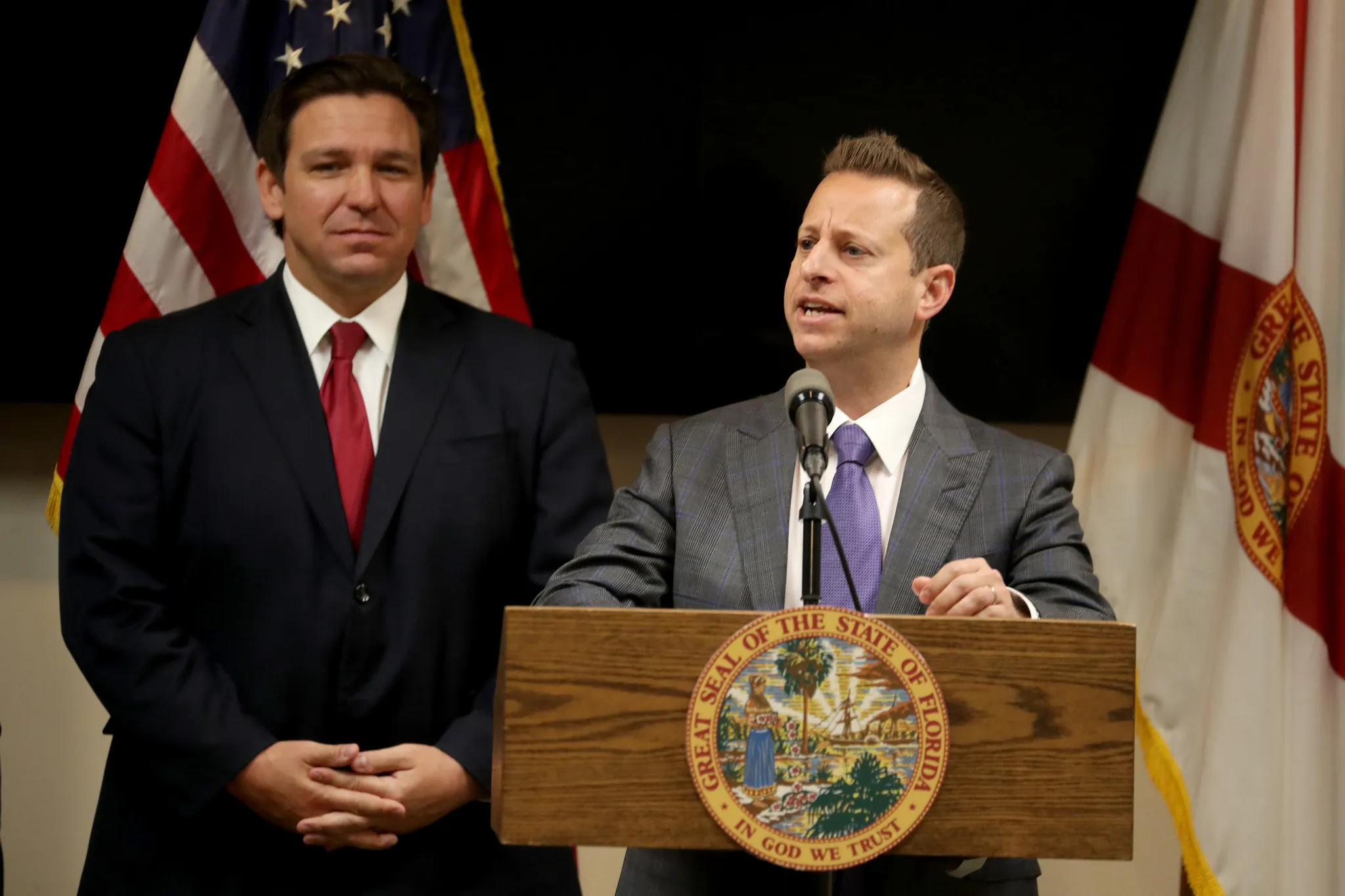Representative Jared Moskowitz from Florida hinted on Sunday that he might run for governor in 2026.
He said on MSNBC’s “The Weekend” that he needs to look at the data and see how the election goes between Biden and Trump before deciding.
Moskowitz used to work as the director of Emergency Management under Florida Governor Ron DeSantis, who is a Republican. He talked about how he, as a Democrat, worked for a Republican governor.

He thinks Democrats need someone who can appeal to both independents and Republicans to have a chance at winning.
He told Politico earlier this month that he’s not saying no to the idea of running for governor in 2026. He said it’s still early to decide.
Governor DeSantis can’t run for a third term because of the state’s rules, so there will be a new race for governor in Florida.
